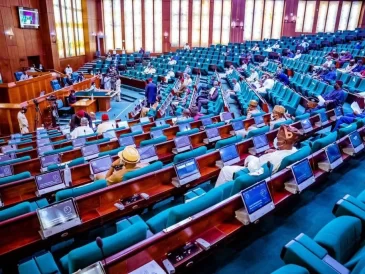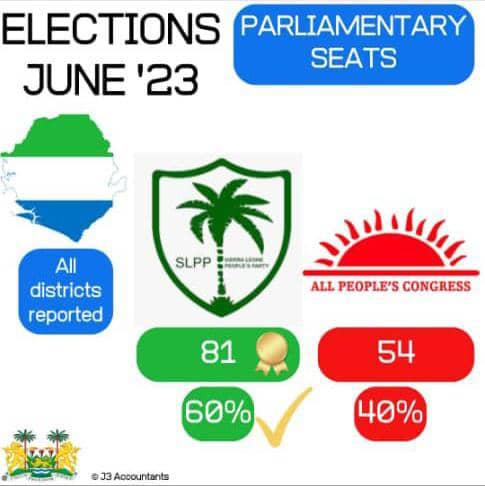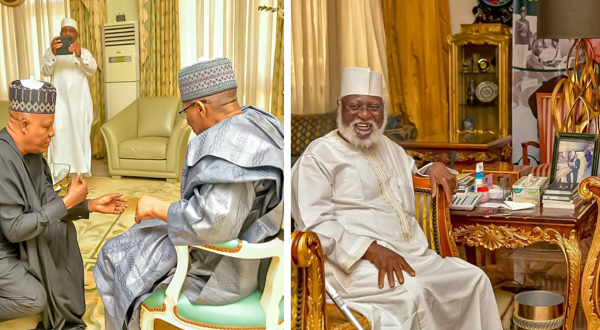By Paul Ejime
Lagos, Feb. 25, 2023 – Nigerians trooped out in large numbers on Saturday 25 February to elect a new president to succeed retired army general, President Muhammadu Buhari, who has led Africa’s most populous nation with more than 214 million population in the past eight years.
In his initial media briefing a few hours after the ofgicial commencement of voting, Prof Mahmood Yakubu, chair of the Independent National Electoral Commission (INEC) acknowledged the slow take-off of voting in some states of the federation.
He blamed the situation on logistical challenges, attacks by hoodlums and snathing of electoral devices, but reiterated that no Nigerian voter would be disenfranchise.
Otherwise, he described the exercise as generally peaceful.
Media reports from parts of the vast oil-producining country corroborated the Commission Chairman’s position that voting started late in some areas for various reasons with police presence in most polling units.
The official voting time according to INEC is 8.30am (07h30 GMT) to 2.30pm (13h30 GMT) in more than 176, 000 voting units across the country.
Prof Yakubu assured that despite the initial hitches balloting is expected to pick up as process progressed.
He also explained that all potential voters on the queue by the closing time would be allowed to vote “for as long as it takes.”
The three front-runners among the field of 18 presidential candidates, including one woman, have cast their ballots.
These are Ashiwaju Bola Tinubu, of the ruling All Progressive Congress (APC), Atiku Abubakar of the main opposition People’s Democratic Party (PDP) and Peter Obi of the Labour Party (LP), who was seen taking his turn on a queue seated with other voters.
Obi, a businessman and former governor of Anambra state, in Eastern Nigeria is seen as a third force, which has mobilised followership particularly among the youth, who have voiced their disenchantment with what the call bad governance system in the country.
INEC registered some 93.4 million voters for the 2023 elections, but the Commission said only about 87 million of the registered voters collected their Permanent Voters Cards, the key requirement for any voter.
The stakes are very high in these elections, featuring more than 15,000 contestants, and also involve choosing members of the National Assembly, as well as governors and members of the state Houses Assembly on 11 March.
Key issues that could define the outcome of the presidential vote are the heightened insecurity in Nigeria, characterised by kidnappings for ransom by armed groups, attacks by bandits, Islamic extremist Boko Haram and so-called unknown gunmen, and herder- farmer clashes.
There are also attacks by the separatist Indigenous People of Biafra (IPOB) group in Eastern Nigeria.
The federal government’s controversial decision for the swapping of old local currency, the Naira bills with new ones has led to severe cash scarcity especially in the unbanked rural areas.
The measure, which the Central Bank said was aimed at mopping up excess cash in the system, is also perceived to curb vote-buying by politicians.
Perennial petrol products’ crisis in the oil-producing country, which imports refined products, has not helped matters.
There is also widespread mismanagement of public resources, corruption, and politics still defined by ethnic and religious considerations in the country.
Poverty, inflation and unemployment, especially among the restive youth, have added to the growing socio-economic hardships, leading to the clamour for transformative changes and the injection of fresh blood in the governance systems.
To emerge winner, a presidential candidate must receive 50% plus one vote, otherwise a run-off vote will be held.
The use of technology introduced by INEC particularly the Bi-modal Accreditation System (BVAS) and provisions of the 2022 Electoral Act, which provides for electronic transmission of election results, have raised voter confidence in the electoral process, but it remains to be seen whether the assurances by INEC and security agencies to ensure a free, fair and credible elections will be realised. (GBN)





